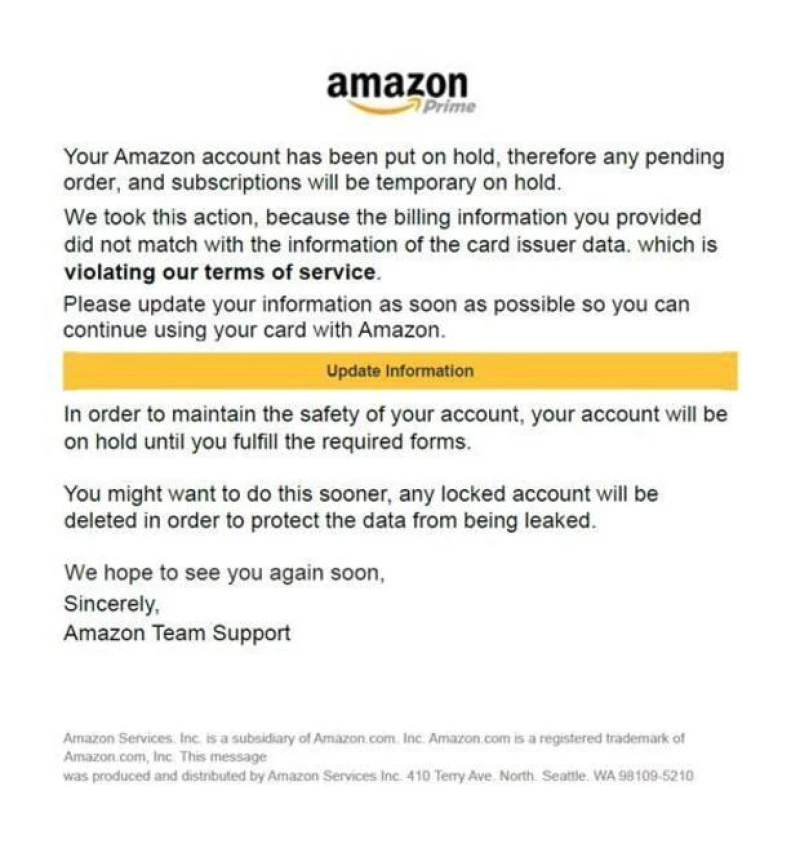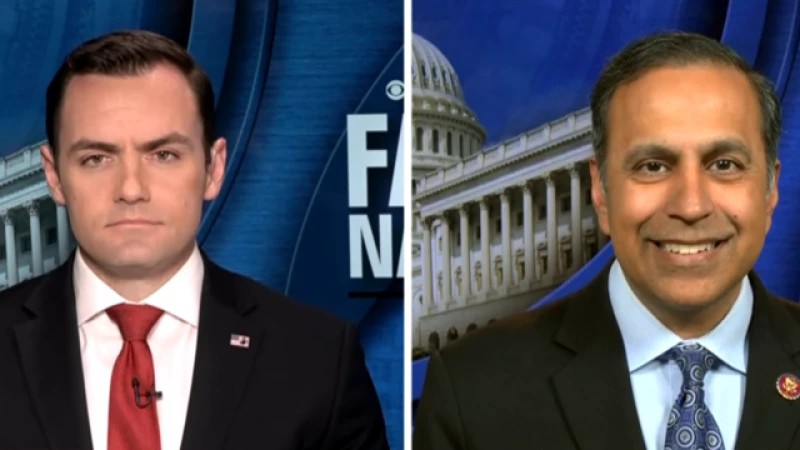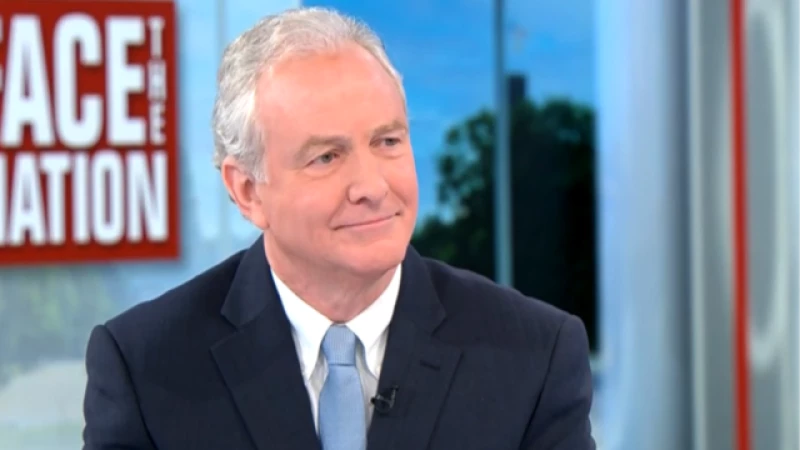Amazon Warns of Holiday Scams
Amazon.com is warning that scammers are just as eager as consumers to take advantage of holiday shopping deals, with bad actors trying to gain access to customers' Prime accounts with scam emails, calls and texts. The online retailer said it has seen a surge in criminal activity involving the ecommerce platform as shoppers use Amazon to make their holiday purchases.
Two types of scams are particularly on the rise, noted Amazon, whose annual ahead Black Friday promotion starts Nov. 17. Reports of so-called email attachment schemes have doubled in the second half of 2023, according to Amazon. These scams involve criminals posing as Amazon customer service representatives and sending shoppers attachments suggesting that their accounts will be suspended if they don't take action. The emails include a link asking for members' login credentials or payment information, which the scammers then steal.
"The bad thing isn't opening the attachment," Scott Knapp, Amazon's director of worldwide buyer risk prevention, told CBS MoneyWatch. "It's clicking on the link in the attachment, which goes straight to their website, where they start collecting all kinds of information."

Amazon Scam Alert
The number of scams targeting Amazon customers has seen a significant increase, with two specific types of scams on the rise. According to Amazon, the first type involves scammers contacting customers and claiming there is a problem with their Amazon account. They then proceed to request personal and payment information in order to resolve the issue. This type of scam has seen a threefold increase in recent months.
The second type of scam, which targets members of Amazon's Prime shopping club, has quadrupled over the same time period. Scammers are contacting Prime members via phone calls, text messages, and emails, pretending to be from Amazon. They inform the customers about a fake membership fee or account issue and ask for payment details to confirm or cancel the charge. This gives the scammers the opportunity to steal sensitive information.
Amazon has warned customers about these scams and emphasized that they will never ask for certain information. The company has shut down over 45,000 phishing websites and more than 15,000 phone numbers belonging to scammers this year.
What Amazon will never ask for:
- Credit card information
- Bank account information
Criminals can be very convincing in their attempts to impersonate legitimate businesses. They often send emails that resemble order confirmations, claiming there is an issue with the customer's order. They then request personal information to rectify the supposed problem. Amazon advises customers to be cautious when asked for money or payment information over the phone or by email, as this is something they would never do.
How to spot a scam:
- Be wary of emails or calls claiming to be from Amazon or another legitimate business.
- Look out for spelling or grammatical errors in the communication.
- Do not click on suspicious links or download attachments from unknown sources.
- Double-check the email address or phone number to ensure it matches the official contact details of the company.
- Trust your instincts. If something feels off or too good to be true, it's likely a scam.
Beware of Scammers Asking for Money
Scammers will sometimes insist that they be paid in order to resolve a customer account issue. According to Amazon, they would never ask their members to pay them in this kind of scenario.
"That's something we would never do. We'd never ask for that," said an Amazon representative.
Be cautious of Gift Card Payments
Scammers often insist on being paid with gift cards because their details are easy to share, easy to redeem, and hard to trace.
"People should be careful or wary when somebody is trying to make them pay for something only with a gift card. No legitimate transaction is going to require you to use gift cards. So be on the lookout for that," the representative advised.
Take a Moment to Respond
If you receive an unexpected communication from an alleged retailer, take a minute before responding.
"If it's something you didn't expect, pause before you start clicking on anything, texting someone back, or calling them back. Verify it, go to the source, to our website or our app," the representative advised.
Report Fraud
Reporting fraud allows Amazon to investigate incidents and hold bad actors accountable. Additionally, anyone who believes they've been scammed can contact their bank or credit card issuer, which often are willing to reimburse customers while the firms investigate.
According to Knapp, fraud is a widespread issue that affects people from all walks of life. He believes that customers should not feel ashamed or embarrassed about reporting fraud, as it is a problem that can happen to anyone. Knapp emphasizes that fraud is an "equal opportunity industry" and that even the smartest individuals can fall victim to it, regardless of their age or background.







